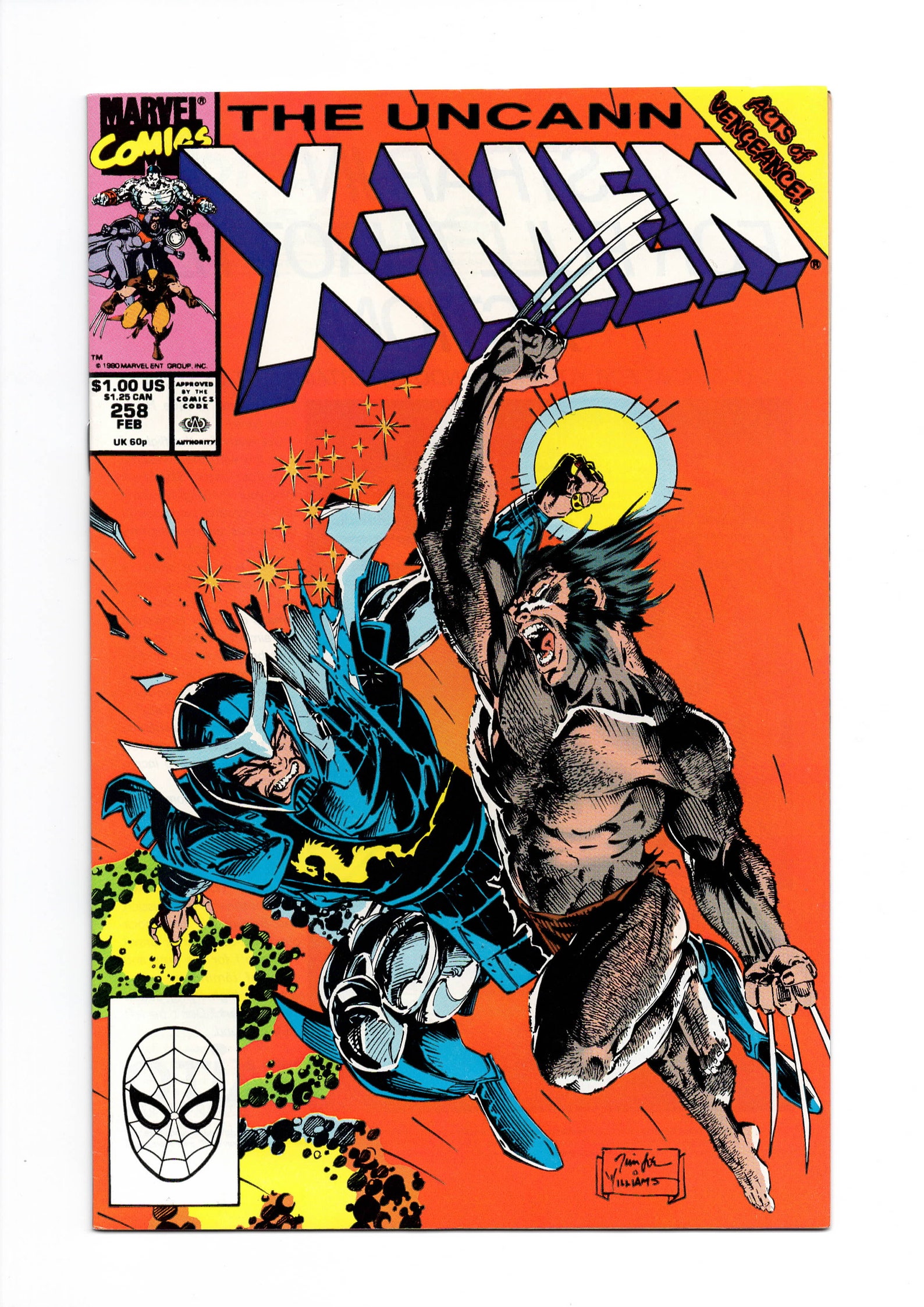



He reasoned the North America already had plenty of X-Men and mutants were a world-wide population, so why not branch out.

He also changed the X-Men’s location frequently, even sending them in exile to Australia, a portion of the Claremont run that is sorely underrated. At one point Claremont wanted to move the X-Men again, this time taking the X-Men to China, or at least somewhere in mainland Asia. Jean Grey was meant to stay dead, for example her story coming to a close in order to serve as a catalyst to also propel Cyclops’ story forward. He intent was to have characters change and often times die or leave the team. He first order of business was to create a motley team, formed from a diverse group of mutant immigrants.īut he wouldn’t leave it there. No one cared much about the X-Men at the time, so Claremont was given free reign to experiment with new characters and put them in new situations. “I think there are always unfinished stories.” –Chris ClaremontĬlaremont took over a failed franchise. Yet, there were stories that even Chris Claremont wasn’t able to finish and remain untold. Indeed, even the television we watch to this day draws a line straight from how Chris Claremont told stories, whether it be Lost, Breaking Bad, or the hundreds of other long-form serialized shows we love. Storytellers in just about every medium list Claremont as an inspiration for their work. Chris Claremont and the Long Game Image: It was primarily in how he redefined comic storytelling, placing an emphasis on character development and melodrama.Īnd he also played the long game in his storytelling. The reason that Claremont left such an indelible mark on comics is not just for his prolific longevity, however. Chris Claremont forever defined the X-Men and, honestly, comics themselves, as no other writer in the medium has had as iconic a run as Claremont’s 16 years on Uncanny X-Men, New Mutants, Wolverine, and Excalibur, among others.


 0 kommentar(er)
0 kommentar(er)
